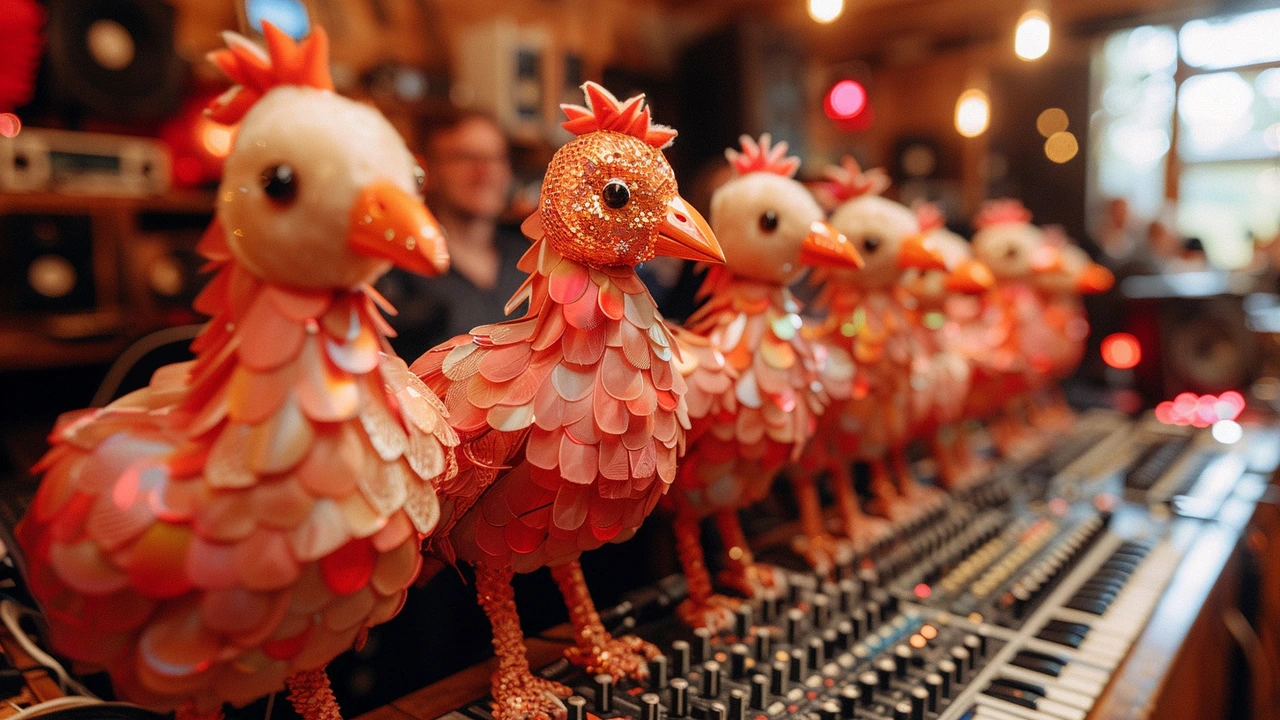Introduction to the Digital Revolution in Music Production
The landscape of pop music production has undergone a seismic shift over the past few decades, primarily influenced by the advent of digital technology. The days of being constricted to expensive studio time and outsized analog equipment are being replaced rapidly by the convenience and flexibility that digital tools offer. This democratization of music creation has paved the way for a surge in creativity and diversity in the music industry. The transition from analog to digital has not only streamlined production processes but also unlocked new possibilities in sound design, collaboration, and distribution.
Core Components of Modern Music Production
At the heart of this transformation are Digital Audio Workstations (DAWs), software platforms that allow artists and producers to record, edit, mix, and master music tracks with unprecedented precision and flexibility. Historically, the evolution of DAWs like Ableton Live, Logic Pro, and Pro Tools from basic sequencers to fully-fledged production suites reflects the progress in music technology. These platforms have facilitated the creation of complex arrangements and high-quality recordings from the comfort of one's home studio, significantly lowering the entry barrier for aspiring musicians. Additionally, the use of virtual instruments and plugins has enabled producers to replicate an extensive range of sounds without the need for physical instruments or recording spaces.
Rise of Artificial Intelligence in Pop Music Creation
Another technological frontier reshaping pop music production is artificial intelligence (AI). From algorithmic composition tools that generate musical ideas to AI-driven mastering services, the integration of artificial intelligence in music production pushes the boundaries of creativity and efficiency. AI technologies offer intriguing potentials, such as personalized sound design and automated mixing, thereby assisting producers in achieving their desired soundscapes more quickly and innovatively. The use of AI in music is still a topic of debate, yet its influence is increasingly undeniable in crafting the hits of tomorrow.
The Impact of Online Collaboration Platforms
In today's connected world, geographical boundaries are becoming less of an obstacle for music creators. Online collaboration platforms have emerged as essential tools, enabling artists, producers, and audio engineers from different parts of the globe to work together seamlessly. The real-time exchange of files and feedback accelerates the production process and fosters a more inclusive and diverse music culture. This digitized collaboration model not only widens the talent pool but also encourages cross-cultural influences in pop music, leading to more innovative and globally resonant tracks.
Challenges and Opportunities in Technologically Driven Music Production
While the integration of technology in music production has opened up a world of possibilities, it also presents its own set of challenges. Issues such as the over-reliance on presets and the homogenization of sound have sparked discussions among music purists. Yet, these hurdles highlight the importance of maintaining a balance between technological convenience and creative originality. As the music industry continues to evolve, artists and producers who leverage these advancements while staying true to their artistic vision are likely to stand out.
Conclusion: The Future of Pop Music in the Age of Technology
Looking ahead, the role of technology in pop music production is poised to grow even more significant. Emerging trends, such as spatial audio and immersive listening experiences, point to a future where music production and consumption are further transformed by technological innovation. As we stand at the cusp of this exciting nexus, it's clear that the fusion of technology and creativity will continue to define the essence of pop music. For artists and producers willing to explore and adapt, the digital era offers an unparalleled opportunity to shape the soundtrack of the future.

Write a comment